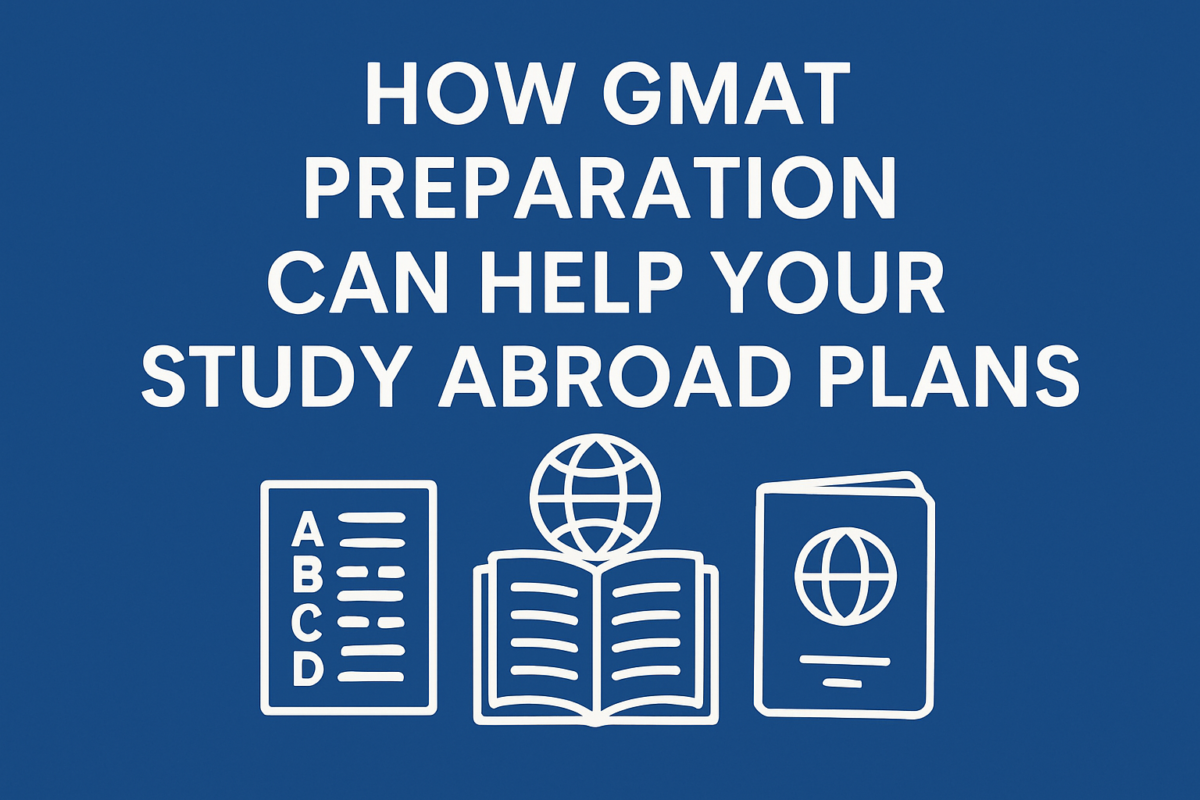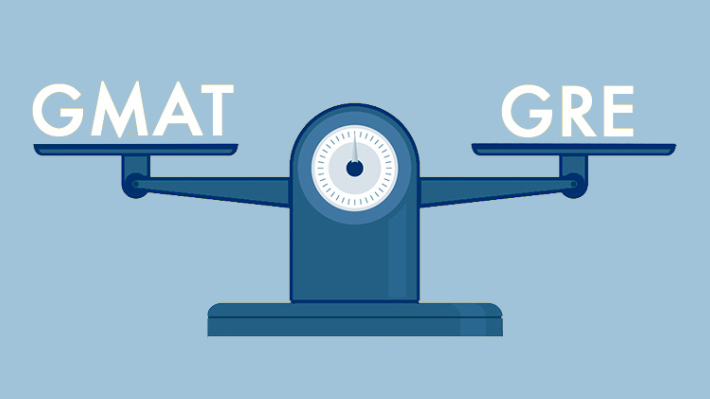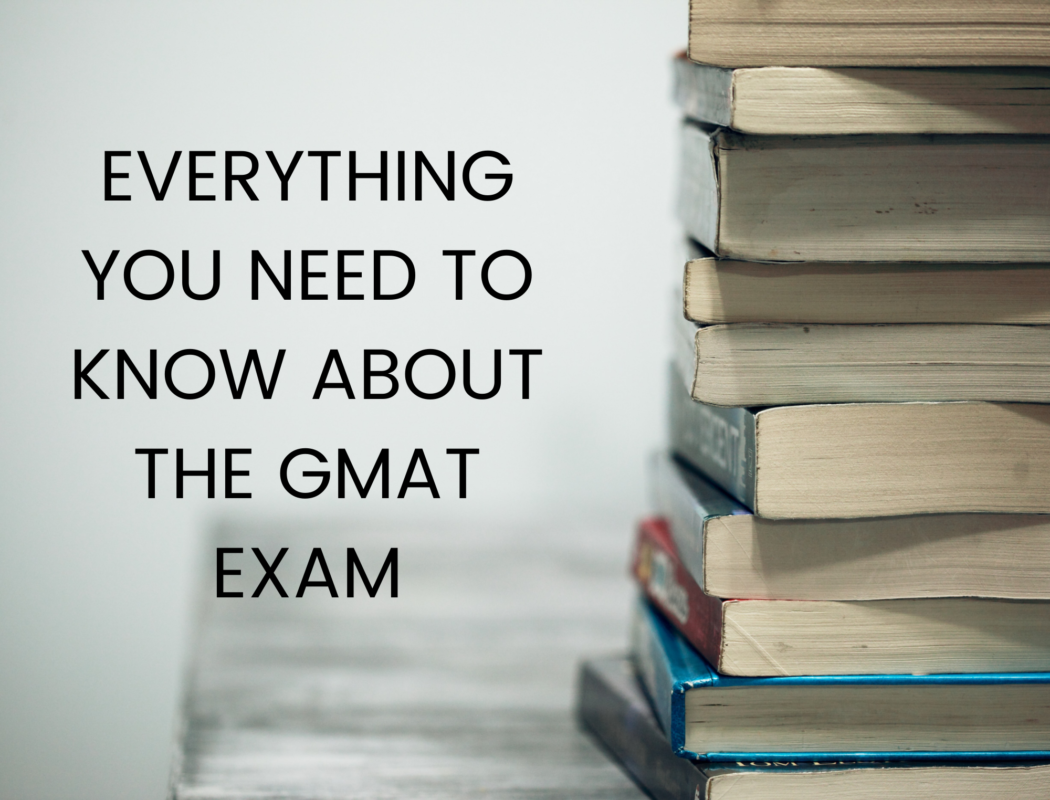Introduction
Preparing for the GMAT can be a daunting task. However, with the right strategies and a comprehensive GMAT Study Guide, you can achieve your desired score. At Enzo Prep, we specialise in helping students excel on the GMAT through personalised guidance and expert advice. This guide provides insights into mastering each section of the GMAT and is designed to help you navigate your preparation journey effectively.
Understanding the GMAT Focus Edition Exam Structure
The GMAT Focus Edition consists of three sections: Quantitative Reasoning, Verbal Reasoning, and Data Insights. Each section tests different skills, and understanding the structure is crucial for effective preparation.
- Quantitative Reasoning: This section tests your mathematical skills through problem-solving and data sufficiency questions. You have 45 minutes to complete 21 questions. It focuses on your ability to analyse data and draw conclusions using reasoning skills.
- Verbal Reasoning: The verbal section assesses reading comprehension, critical reasoning, and sentence correction. You have 45 minutes to complete 23 questions. This section measures your ability to read and understand written material, evaluate arguments, and correct written material to conform to standard written English.
- Data Insights: The Data Insights section measures your ability to evaluate data presented in various formats, including multi-source reasoning, table analysis, and graphics interpretation. You have 45 minutes to answer 20 questions. It emphasises integrating data and interpreting information from different sources.
Analytical Writing Assessment (AWA) Strategies
While the AWA is no longer part of the GMAT Focus Edition, developing strong writing skills is still beneficial for business school. Here are some strategies that can help:
- Plan Before You Write: Spend the first few minutes brainstorming and outlining your essay. This will help you organise your thoughts and ensure your essay has a clear structure.
- Be Clear and Concise: Make your arguments clear and support them with relevant examples. Avoid unnecessary jargon and stay focused on your main points.
- Practice Regularly: Write practice essays to improve your writing skills and speed. Reviewing high-scoring sample essays can also provide valuable insights into what makes a good response.
Quantitative Reasoning Strategies
The Quantitative section tests your mathematical skills. Here are some tips to score high:
- Master the Basics: Ensure you have a strong understanding of basic arithmetic, algebra, and geometry. These fundamental concepts are the building blocks for more complex problems.
- Practice Problem-Solving: Solve a variety of practice problems to improve your problem-solving skills. Focus on both problem-solving and data sufficiency questions.
- Use Shortcuts Wisely: Learn and practice shortcuts for common problem types to save time during the exam. For example, familiarise yourself with common geometric formulas and algebraic identities.
Verbal Reasoning Tips
The Verbal section assesses your reading comprehension, critical reasoning, and sentence correction skills. To excel in this section:
- Read Actively: Practise active reading techniques to improve comprehension and retention. Summarise paragraphs in your own words and note key points as you read.
- Understand Grammar Rules: Familiarise yourself with common grammar rules tested in the GMAT. Focus on areas like subject-verb agreement, parallelism, and modifiers.
- Practise Critical Reasoning: Regularly practise critical reasoning questions to enhance your analytical thinking skills. Understand the logic behind arguments and practice identifying assumptions, strengths, and weaknesses.
Data Insights Section Tips
The Data Insights section measures your ability to evaluate and interpret data. Here’s how to tackle it effectively:
- Understand the Question Types: Familiarise yourself with the different types of Data Insights questions, including multi-source reasoning, table analysis, and graphics interpretation. Knowing what to expect will help you approach each question with confidence.
- Practice Data Interpretation: Regularly practise interpreting graphs, tables, and other data formats. This will help you quickly analyse the information during the exam.
- Integrate Information: Practise synthesising information from multiple sources to draw accurate conclusions. This skill is crucial for the Data Insights section.
Creating a Study Schedule
A well-structured study schedule is essential for effective GMAT preparation. Here’s how to create one:
- Set Realistic Goals: Determine your target score and create a study plan that allows you to achieve it. Break down your study goals into weekly and monthly targets.
- Allocate Time Wisely: Divide your study time among the different sections based on your strengths and weaknesses. Spend more time on areas where you need the most improvement.
- Take Regular Breaks: Incorporate short breaks into your study schedule to avoid burnout. Breaks can help you stay focused and retain information better.
Utilising GMAT Prep Resources
Several resources can aid your GMAT preparation:
- Official GMAT Guides: Use official guides for practice questions and test-taking strategies. These guides are designed by the test makers and provide a realistic representation of the exam.
- Online Practice Tests: Take online practice tests to simulate the exam environment and track your progress. Regular practice tests help you build stamina and improve your time management skills.
- Prep Courses: Consider enrolling in a GMAT prep course for structured learning and expert guidance. At Enzo Prep, we offer tailored courses that cater to individual needs and learning styles.
Tracking Your Progress
Monitoring your progress is crucial for continuous improvement. Here’s how to do it:
- Regular Assessments: Take regular practice tests to assess your performance. Use these tests to identify your strengths and weaknesses.
- Analyse Mistakes: Review your mistakes and understand where you went wrong. Analysing your errors helps you avoid repeating them and reinforces your learning.
- Adjust Your Strategy: Adjust your study strategy based on your performance and progress. Focus more on areas where you are struggling and refine your techniques accordingly.
Tips for Test Day
As your GMAT test day approaches, it’s important to be well-prepared and confident. Here are some tips to ensure you perform your best:
- Get a Good Night’s Sleep: Ensure you get plenty of rest the night before the exam. Being well-rested helps you stay focused and alert during the test.
- Eat a Healthy Breakfast: Have a nutritious breakfast to fuel your brain. Avoid heavy or greasy foods that might make you sluggish.
- Arrive Early: Plan to arrive at the test centre early to avoid any last-minute stress. Familiarise yourself with the test centre location and its rules beforehand.
- Stay Calm and Focused: During the test, stay calm and focus on one question at a time. Don’t let difficult questions shake your confidence. Mark them and come back if you have time.
Conclusion
Achieving a high GMAT score requires dedication, strategy, and effective use of resources. By following this GMAT Study Guide and implementing the tips provided, you can enhance your preparation and increase your chances of success. At Enzo Prep, we are committed to helping you reach your GMAT goals. Our GMAT expert and tailored study plans are designed to provide you with the support and guidance you need to excel.
For personalised guidance and comprehensive GMAT preparation, consider enrolling with Enzo Prep. Let us help you achieve your GMAT goals and take the next step toward your academic and professional aspirations.














